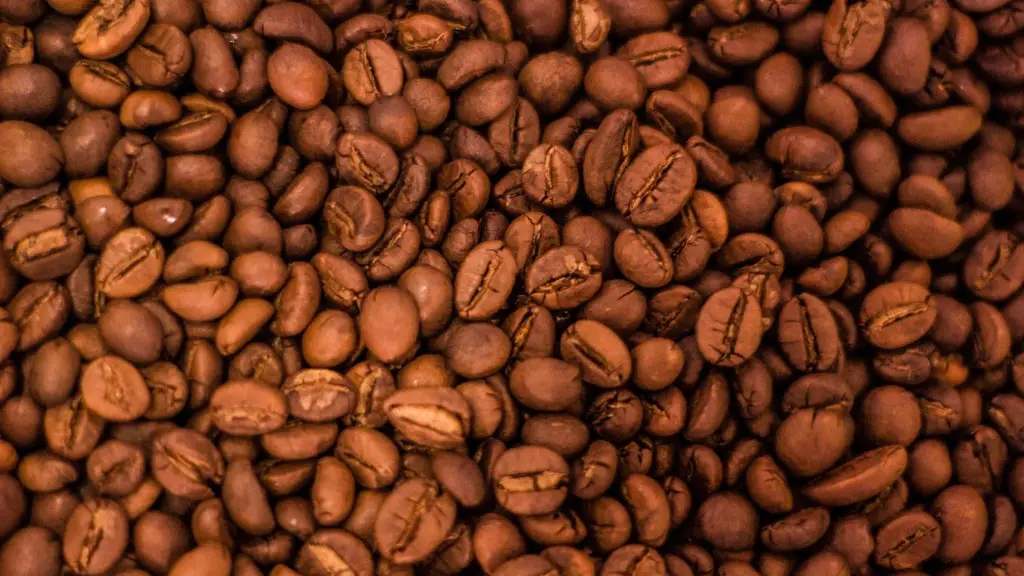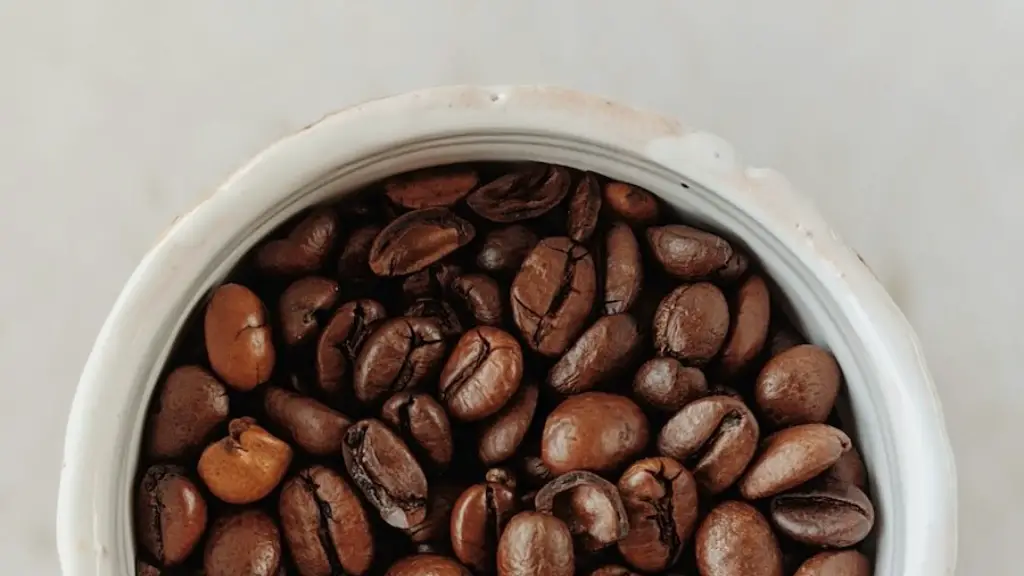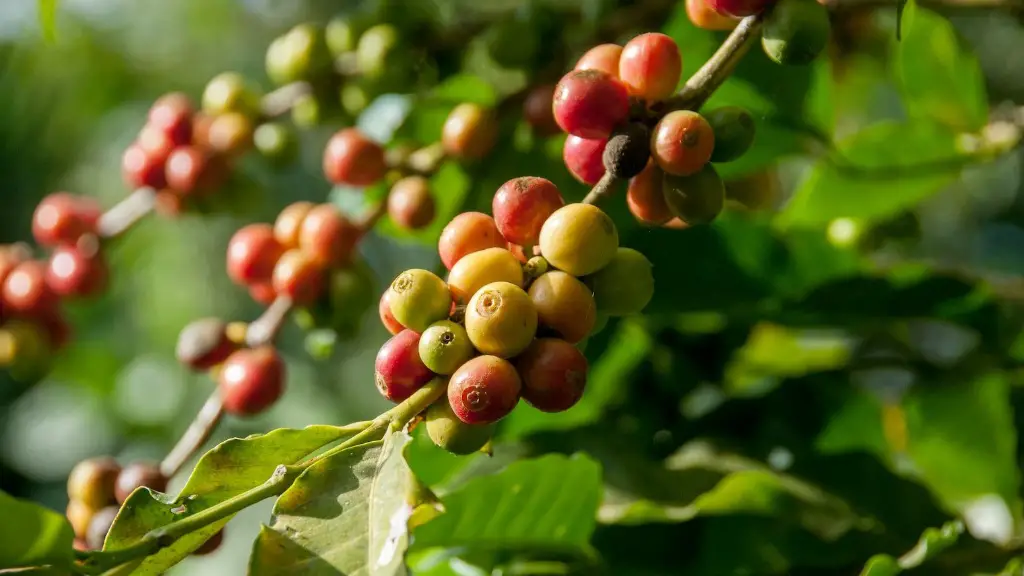The Link between Coffee and Kidney Stones
Coffee is one of the world’s most popular beverages, and its effects on our health have been studied for many years. Recently, evidence has suggested a link between coffee drinking and an increased risk of developing kidney stones. Kidney stones, or nephrolithiasis, are hard mineral deposits that can form inside the kidneys.
The composition of kidney stones can vary, but they usually contain calcium, oxalate, and phosphate. People who are affected by kidney stones usually experience extreme pain and may need to go to the hospital for treatment.
Opinions differ on the effects of coffee and how it affects our body’s calcium metabolism. While some experts suggest that coffee can raise the risk of developing kidney stones, others disagree. Studies conducted over the past decades have not been able to form a reliable consensus.
Some studies have found that drinking caffeinated coffee can lead to an increase in urinary calcium concentrations. This, in turn, could increase the risk of developing kidney stones. On the other hand, some studies have found that regular coffee drinking can lower the risk of developing kidney stones.
In general, the evidence surrounding the relationship between coffee and kidney stones is inconclusive. Experts advise that if you are at risk of developing kidney stones, then it’s best to limit your coffee and caffeine intake.
Other Caffeinated Drinks and Kidney Stones
Caffeinated drinks such as tea, soda, and energy drinks contain compounds that can increase the risk of developing kidney stones. Caffeine can increase the amount of uric acid in urine, which in turn can lead to higher levels of kidney stones.
In addition, caffeinated drinks contain phosphorus, which is a mineral known to be a risk factor for developing kidney stones. It is important to monitor your intake of phosphorus when drinking caffeinated drinks on a regular basis.
Most experts agree that if you are at risk of developing kidney stones, you should limit your consumption of caffeinated drinks. Some research has suggested that drinking decaffeinated coffee might be beneficial for people who are more prone to developing kidney stones.
Sugar-Sweetened Beverages and Kidney Stones
Sugar-sweetened beverages are also linked to an increased risk of developing kidney stones. The high levels of sugar and fructose in these drinks can also lead to increases in uric acid levels, which can in turn increase the risk of kidney stones. Also, sugary drinks can lead to a higher urine pH, which can increase the risk of developing kidney stones.
In general, it is best to limit your intake of sugar-sweetened beverages if you are at risk of developing kidney stones. Replacing sweetened drinks with water is one of the best things you can do to reduce your risk.
Foods that help reduce the risk of Kidney Stones
There are certain foods that are known to help reduce the risk of developing kidney stones. Increasing your intake of fruits, vegetables, and whole grains can help reduce the risk of developing kidney stones. Foods that are high in magnesium, such as nuts and legumes, can also help reduce the risk.
Magnesium can help reduce the level of calcium in the body, which can reduce the risk of developing kidney stones. Studies have also shown that increasing your consumption of calcium-rich foods such as dairy products can be helpful for people who are at risk of developing kidney stones.
Lifestyle Changes to Improve Kidney Stone Prevention
Making some simple lifestyle changes can also help reduce the risk of developing kidney stones. Staying hydrated is extremely important and can help reduce the risk of developing kidney stones. It is recommended to drink at least 8 glasses of water a day to help flush out the kidneys and reduce the risk of stones forming.
Regular exercise can also help reduce the risk of developing kidney stones. Exercise can help reduce the levels of oxalate and uric acid in urine and can help reduce the risk of developing kidney stones.
In addition, reducing your intake of alcohol and avoiding processed foods can also help reduce the risk of developing kidney stones.
Alternative Treatments for Kidney Stones
In some cases, lifestyle and diet changes may not be enough to reduce the risk of developing kidney stones. In these cases, alternative treatment methods may be considered to help reduce the risk of stones forming in the kidneys.
Some alternative treatments that may be considered include herbal remedies, acupuncture, and massage therapy. Herbal remedies such as nettle root and marshmallow root have been used to help reduce the risk of developing kidney stones. Acupuncture can help reduce pain and inflammation associated with kidney stones and can also help prevent the formation of stones.
Massage therapy has been found to be beneficial for people with kidney stones. Massage therapy can help improve circulation and can help reduce pain associated with kidney stones.
Supplements for Kidney Stones
There are also certain supplements that may be taken to help reduce the risk and severity of kidney stones. Vitamin B6 supplements have been found to be helpful for people with kidney stones, as they can help reduce the risk of stones forming. Vitamin C supplements can also help reduce the risk of developing kidney stones.
In addition, supplements such as citrate and cranberry extract have been found to be helpful for people with kidney stones. Citrate can help reduce the amount of calcium in the urine, which can help reduce the risk of forming stones. Cranberry extract can help reduce the risk of developing kidney stones by reducing the amount of bacteria in the urinary tract.
General Tips for Reducing Kidney Stone Risk
If you are at risk of developing kidney stones, there are a few general tips that can help reduce your risk. Making sure to drink plenty of fluids can help reduce the risk of developing kidney stones and can help flush out the kidneys.
Eating a balanced and healthy diet can also help reduce the risk of developing kidney stones. Eating foods that are low in oxalate, such as fruits and vegetables, can help reduce the risk. Increasing your intake of magnesium-rich foods can also help reduce the risk of developing kidney stones.
Also, monitoring your caffeine and sugar intake can help reduce the risk of developing kidney stones. Limiting your intake of caffeinated beverages and avoiding sugary drinks can help reduce the risk. Finally, staying active and exercising regularly can help reduce the risk of developing kidney stones.


